50% Tariff May Be Removed: US Treasury Secretary Says “We Will Come Together”
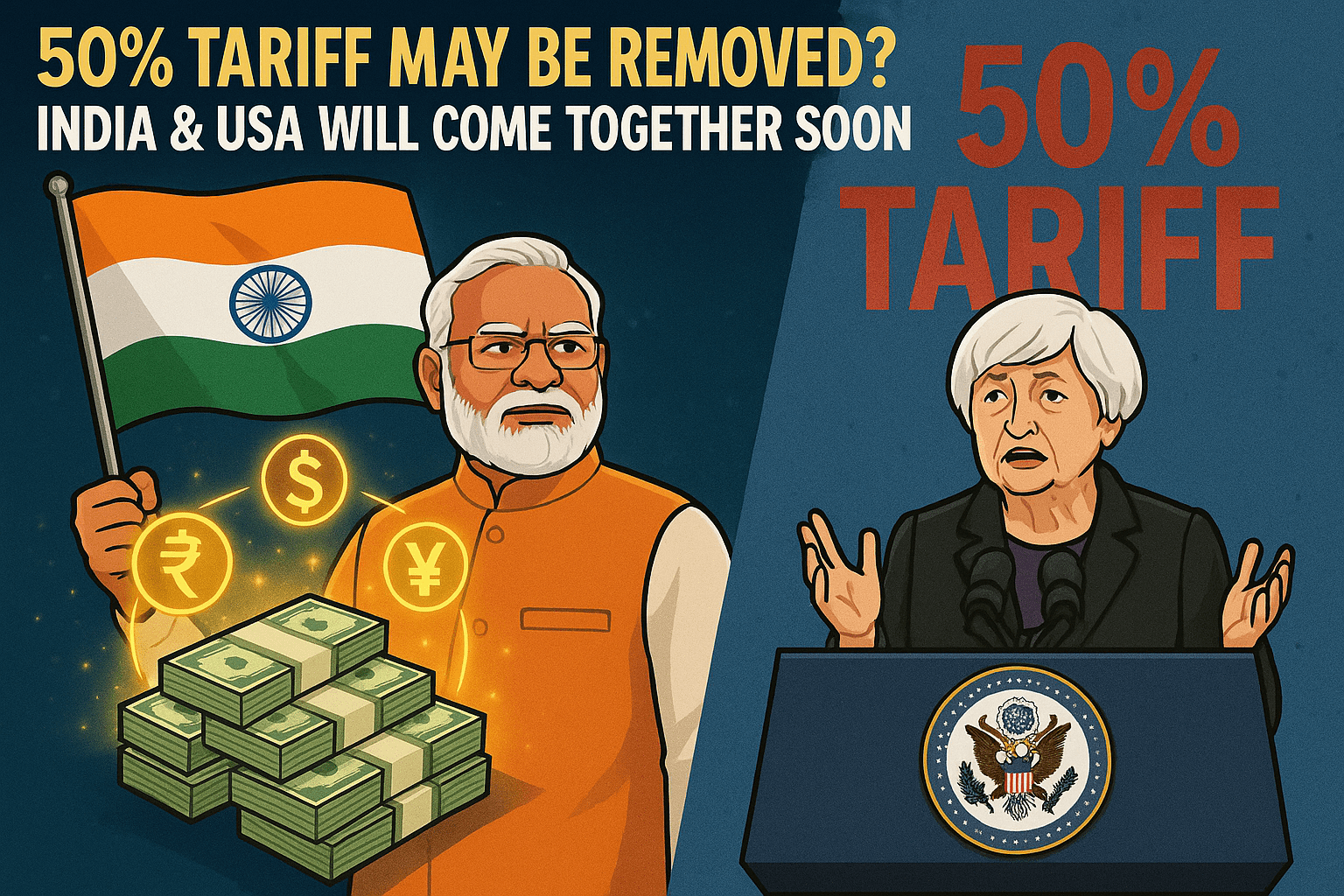
The trade clash between India and the United States has reached a boiling point with Washington imposing a massive 50% tariff on Indian exports. Yet, India has refused to bow down. Instead, New Delhi is exploring new markets and standing firm on its partnership with Russia. While the tension is rising, a surprising statement from US Treasury Secretary Scott Bessent has given a hint of hope: “India is the world’s largest democracy, the US is the largest economy — we will come together soon.” Could this mean tariffs might be rolled back?
India’s Defiance Shocks Washington
When the US slapped a 25% tariff plus an additional 25% penalty on India’s purchase of Russian weapons, many in Washington expected New Delhi to bend quickly. But India’s leadership did the opposite. Instead of rushing to the White House to strike a deal, as Japan and South Korea once did, India made it clear: “We will find other markets. If the US doesn’t buy from us, no problem.”
This bold stance unsettled American policymakers. India, a developing country with many challenges, was showing more defiance than richer allies in Europe and Asia.
The Oil Question and India’s Response
One of the biggest points of contention has been India’s purchase of cheap Russian oil. The US has repeatedly pushed New Delhi to stop. India’s response was sharp and simple:
“If you dislike our refined petroleum products, then stop buying them.”
This direct message, coming from India’s foreign policy leadership, stunned Washington. The reality is that if the US stops buying Indian refined products, it would exacerbate American inflation. That’s why, instead of addressing the point, Scott Bessent shifted the conversation toward trade negotiations.
What Scott Bessent Said
In a recent interaction, US Treasury Secretary Scott Bessent was asked about India’s firm stand. His words were diplomatic but revealing:
- “India is the world’s largest democracy, the US is the world’s largest economy.”
- “At the end of the day, the two countries will come together.”
- “Much of what India is doing has been performative.”
While these remarks sound reassuring, they also expose Washington’s frustration. Bessent avoided answering the oil question directly but hinted that the US may soften its stance soon.
Mockery of the Rupee — and Why It Matters
A journalist also asked Bessent about India’s ambition to make the rupee a global currency. Both the reporter and Bessent dismissed the idea, with him remarking: “No, we’re not at all concerned. The rupee is at an all-time low.”
This arrogance echoes how the West once mocked India’s space program — only to be proven wrong later. Just as ISRO is now a global success, India’s rising exports and manufacturing growth could drive global demand for the rupee.
Why the US Might Take a U-Turn
Trump’s administration has often used pressure tactics — but usually steps back when met with resistance. With India not backing down, there’s a strong chance that the 50% tariff could be rolled back. After all, the US needs India as a trade partner and a strategic counterbalance to China.
For Washington, the risk is clear: if India successfully resists, other countries might also start questioning American pressure. That’s a dangerous precedent for US dominance.
India’s Big Opportunity
For India, this is not just about tariffs. It’s about proving that it can stand firm on the global stage. If India continues to expand exports, build manufacturing power, and push for rupee trade in BRICS and beyond, the dream of the rupee as a global trading currency may not be far-fetched.
Conclusion
The 50% tariff fight between India and the US is more than a trade issue — it’s a test of willpower. Washington expected a quick submission, but India’s defiance has surprised the world. With Scott Bessent hinting at reconciliation, there’s a real possibility that tariffs may be eased. For India, this is the moment to keep building economic strength and shaping the rupee’s global future. Americans may laugh today, but tomorrow, they may be forced to take India seriously.
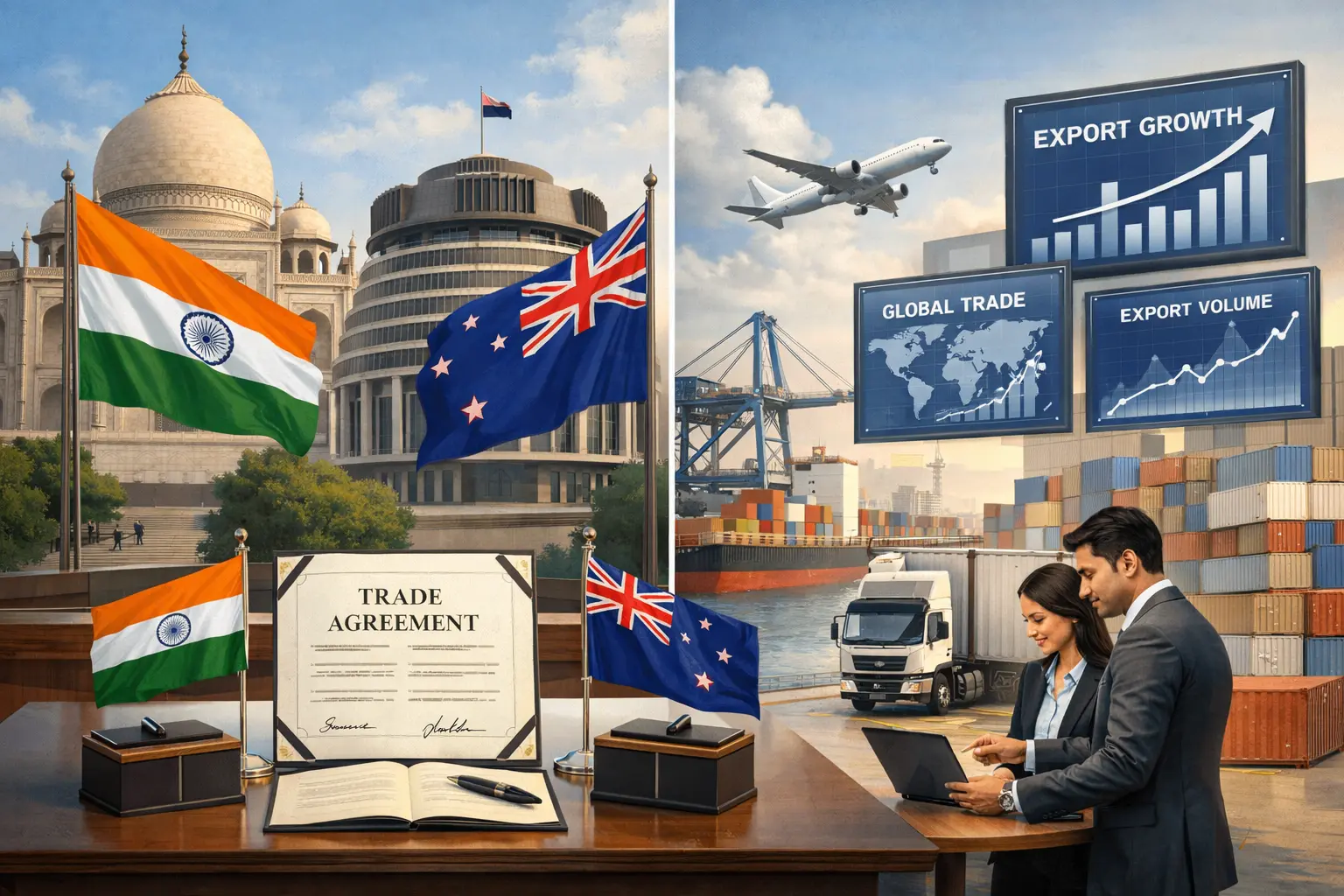
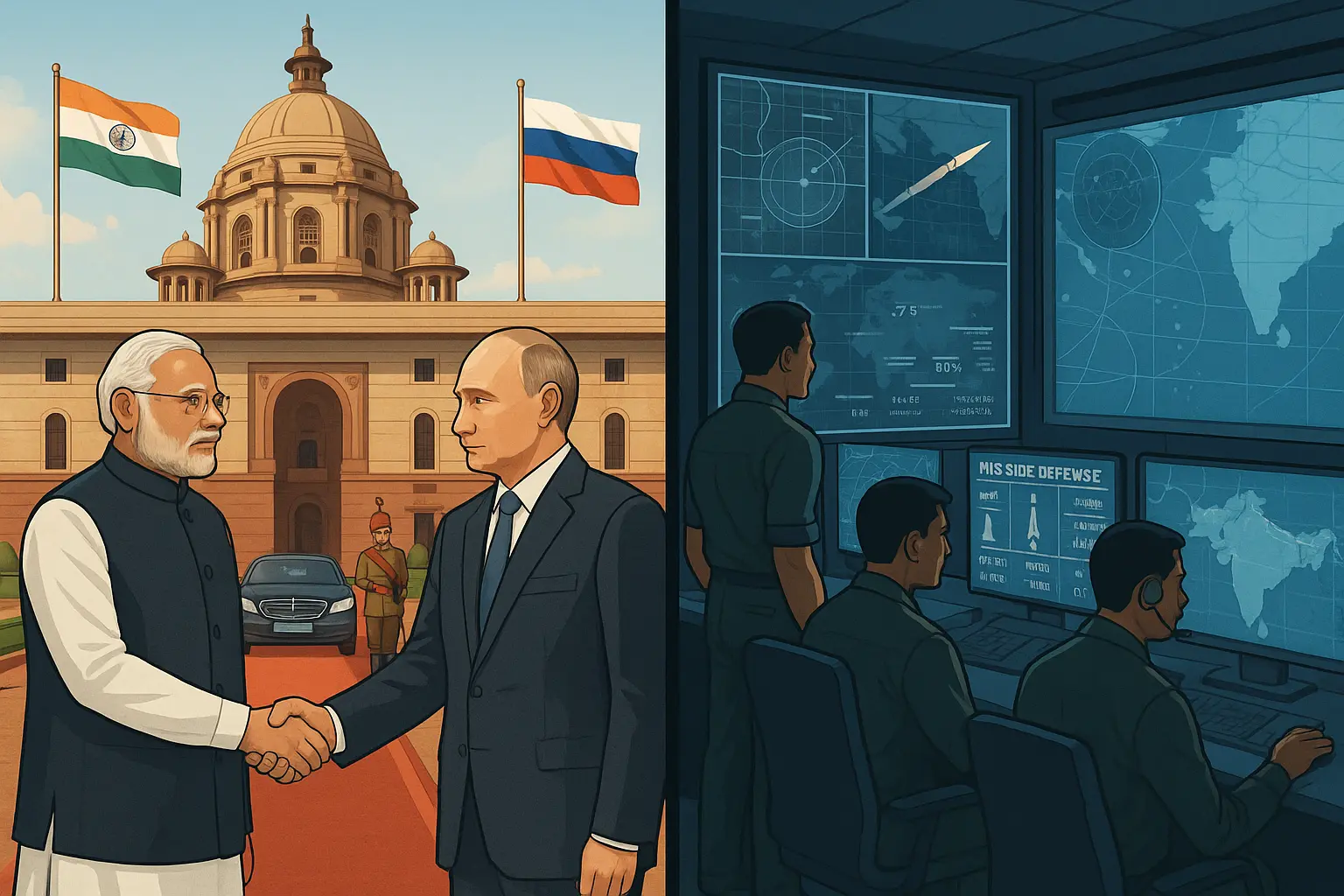
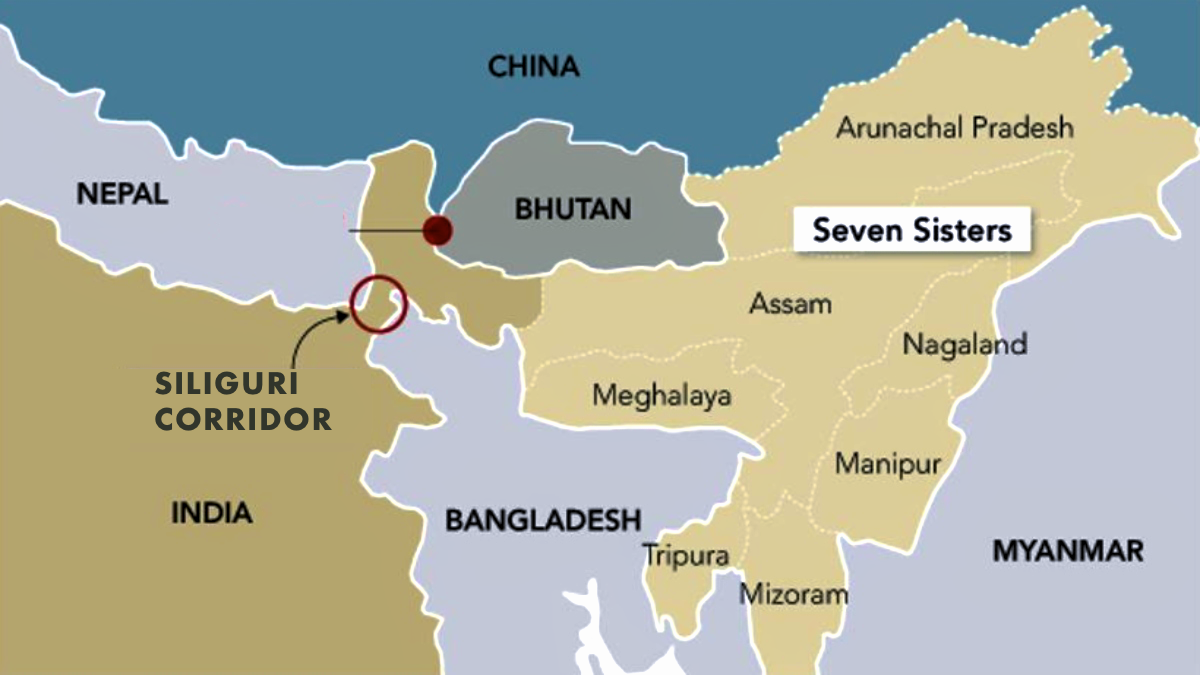
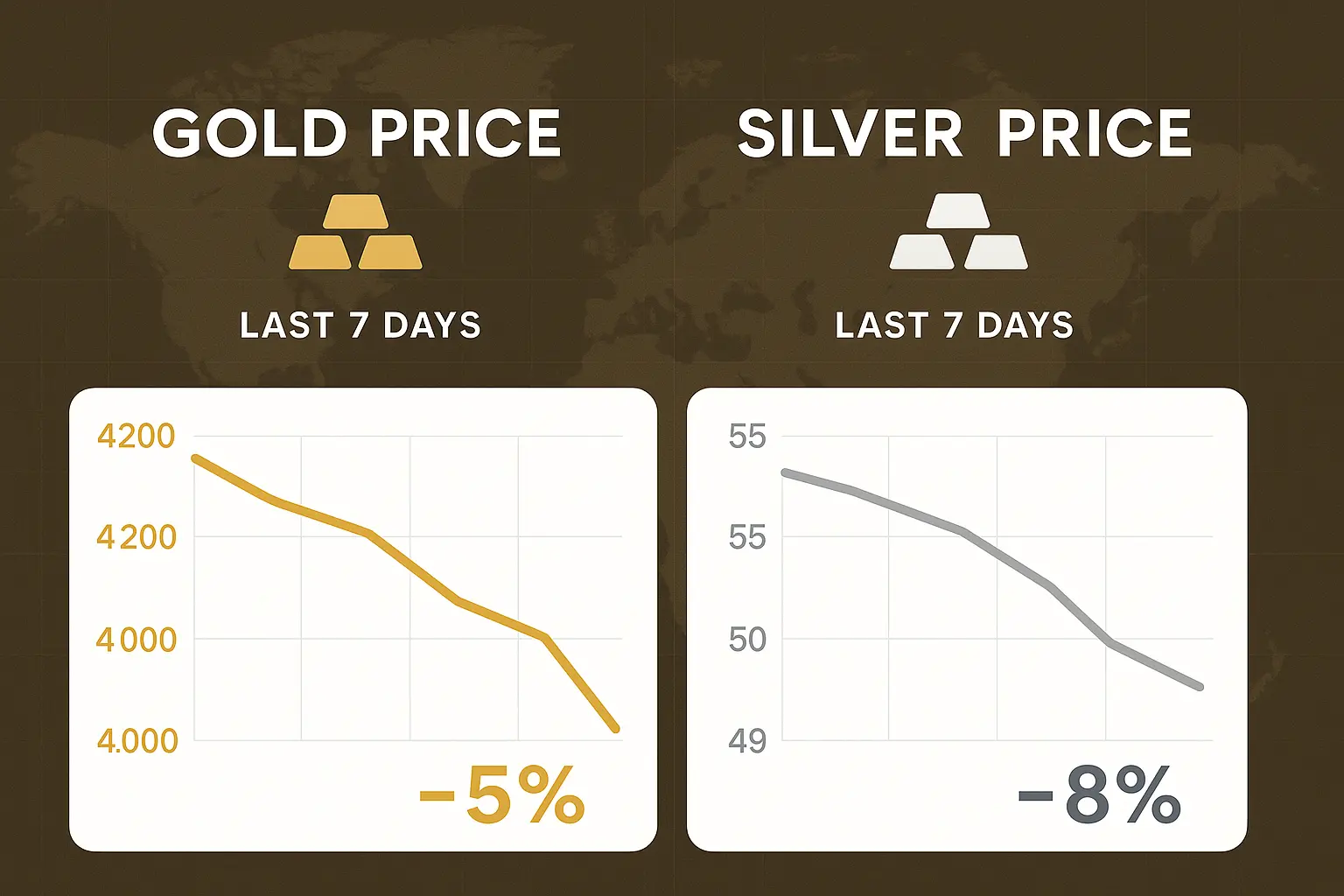

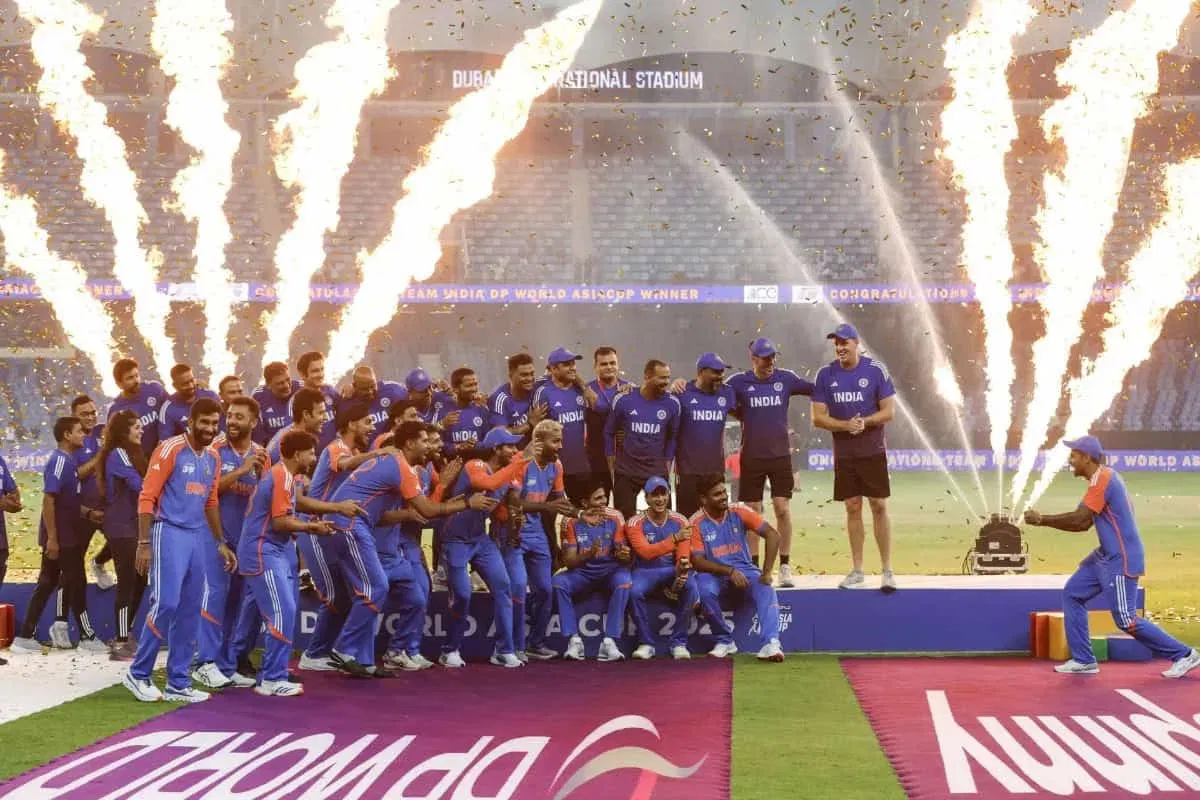
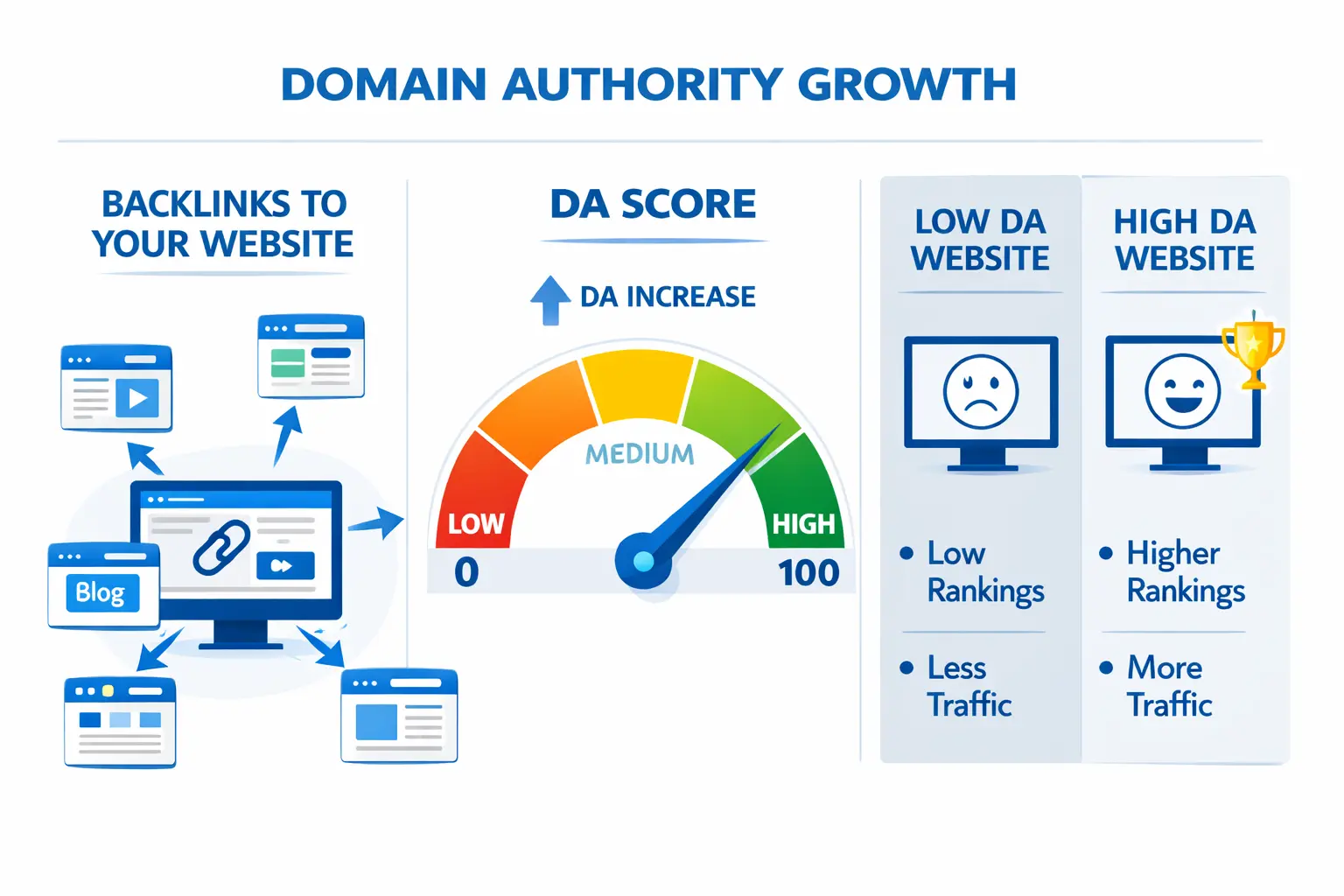


No comments yet. Be the first to comment!